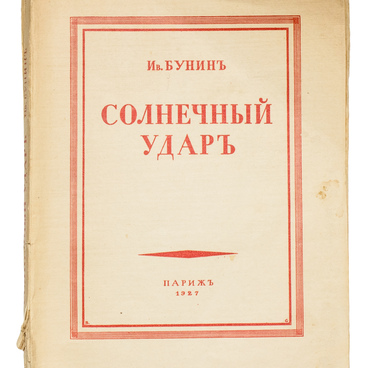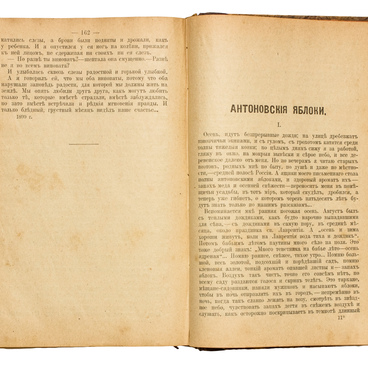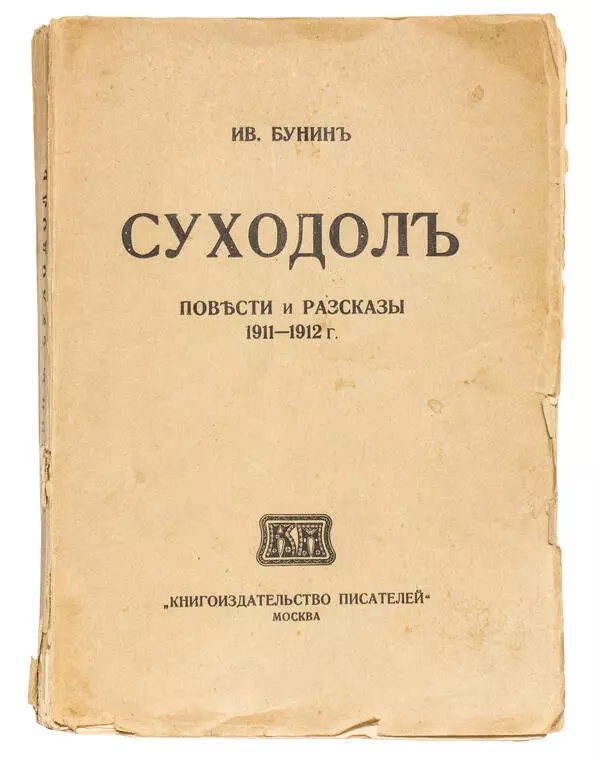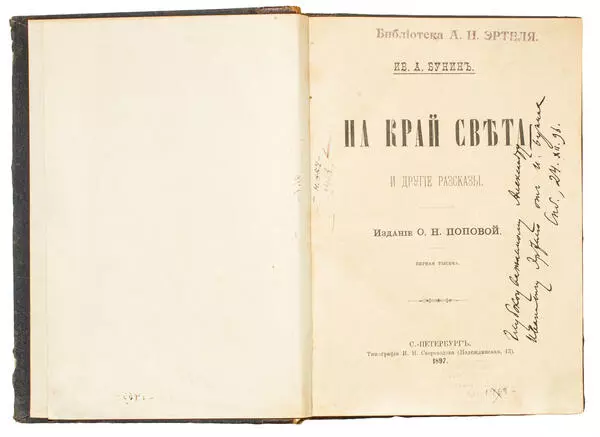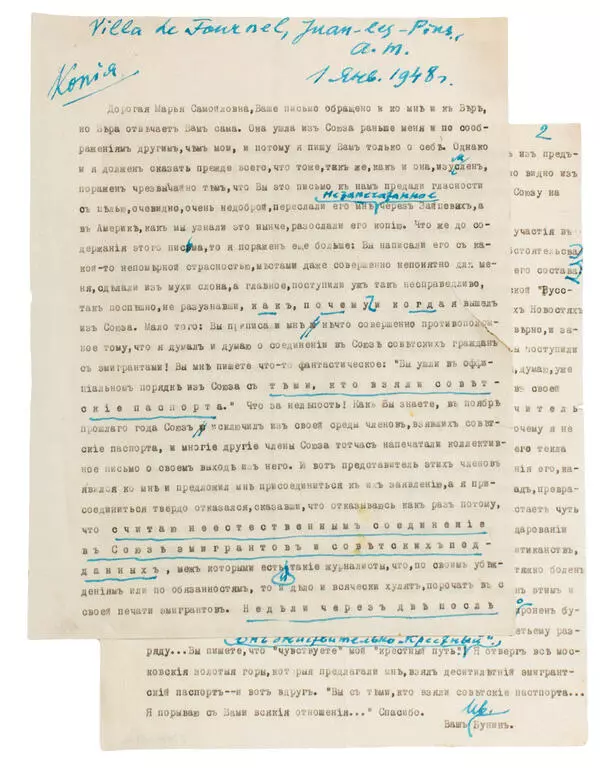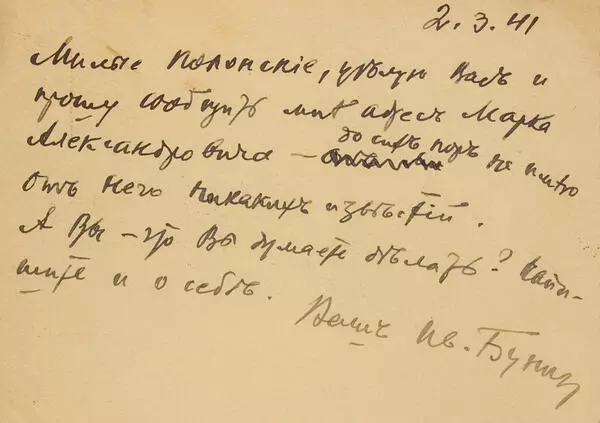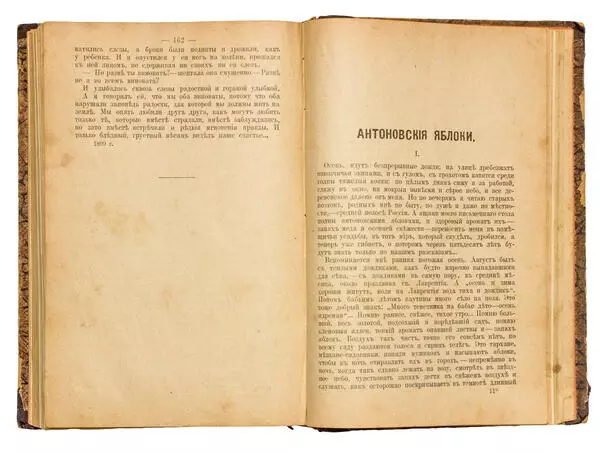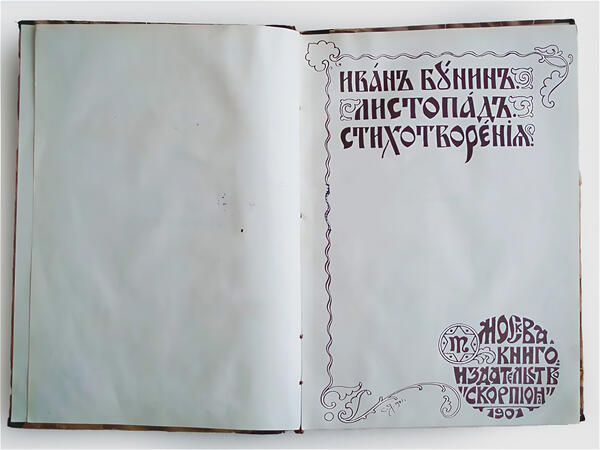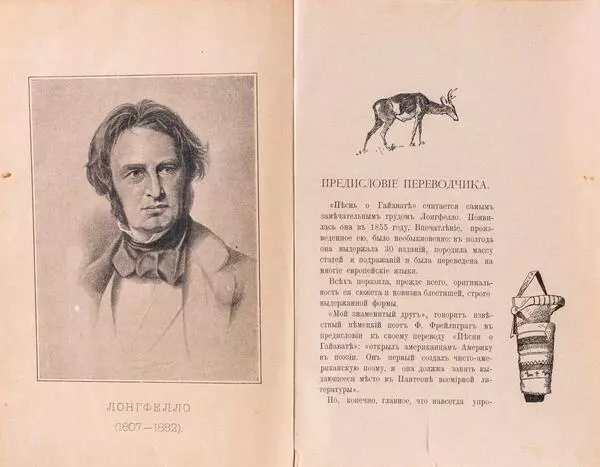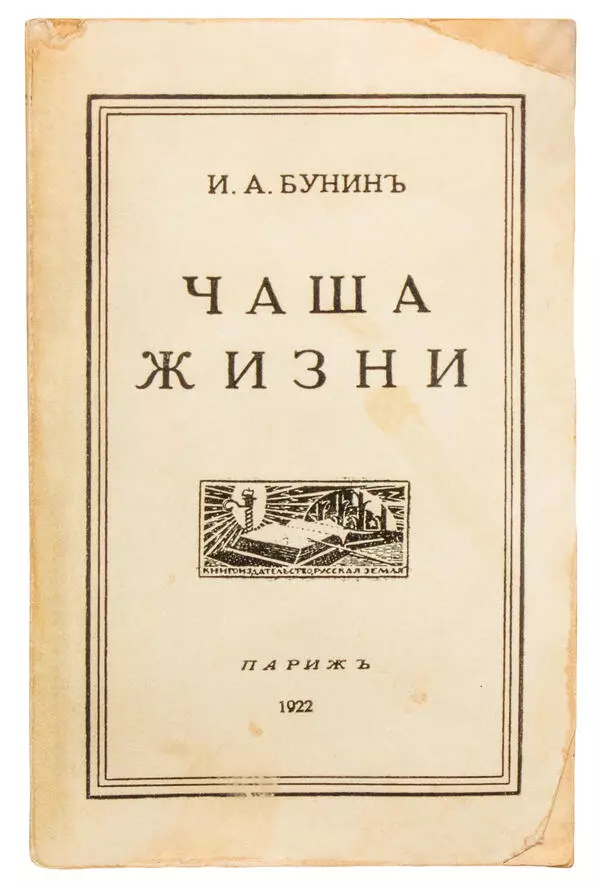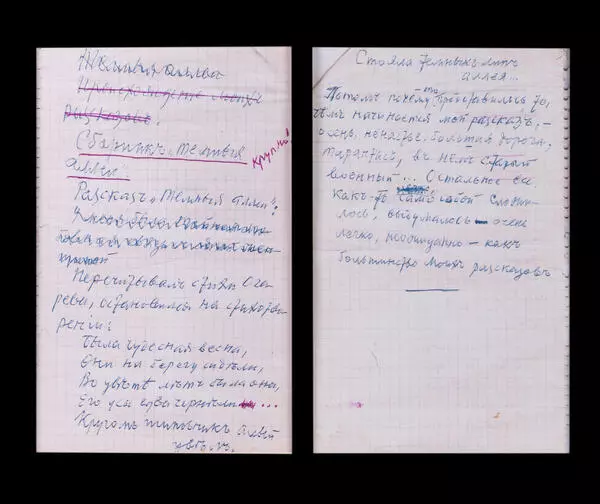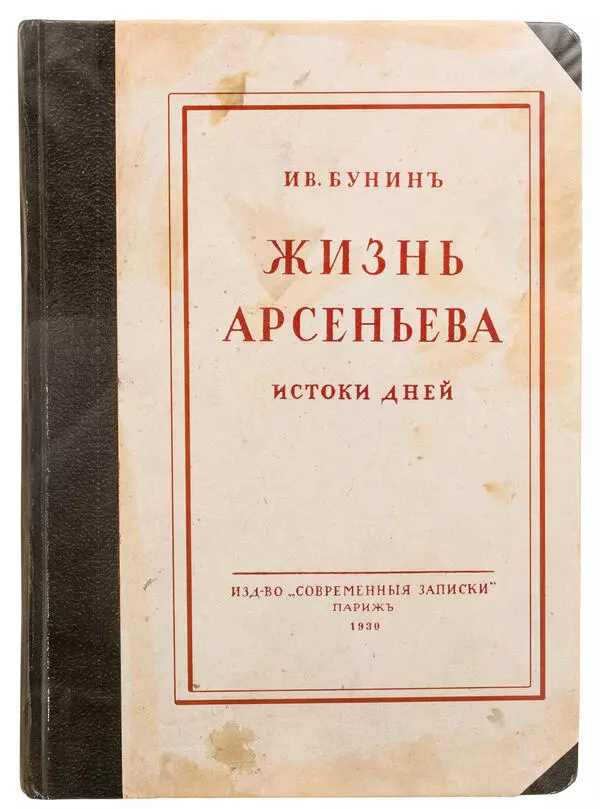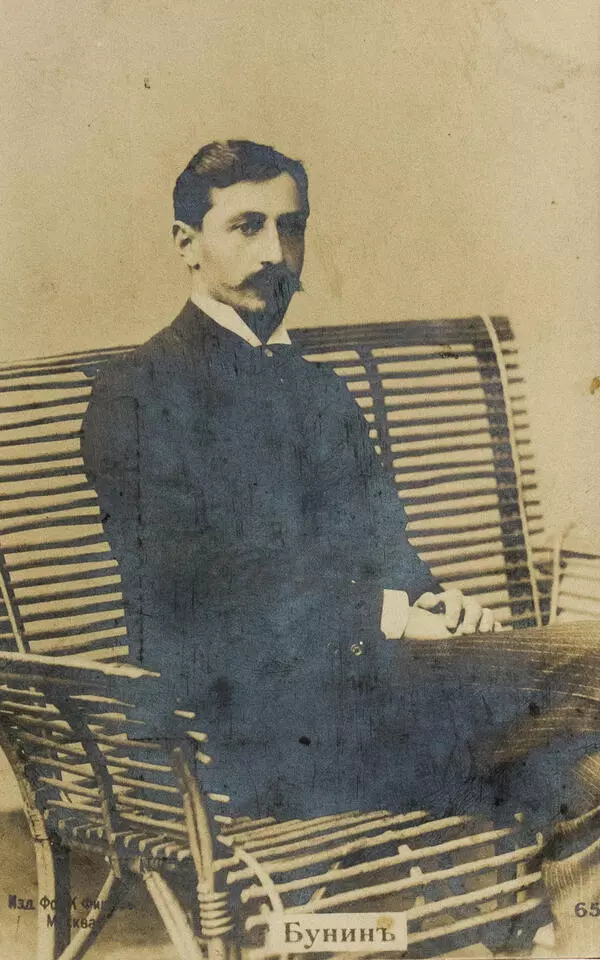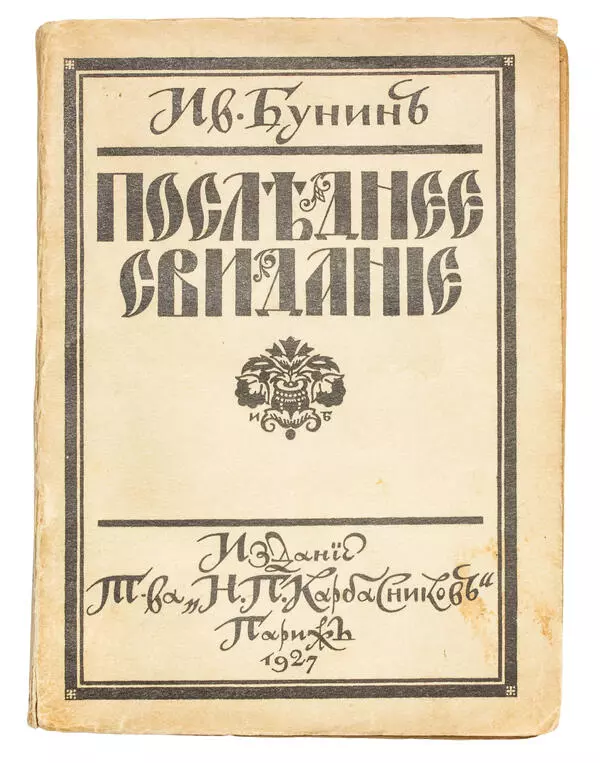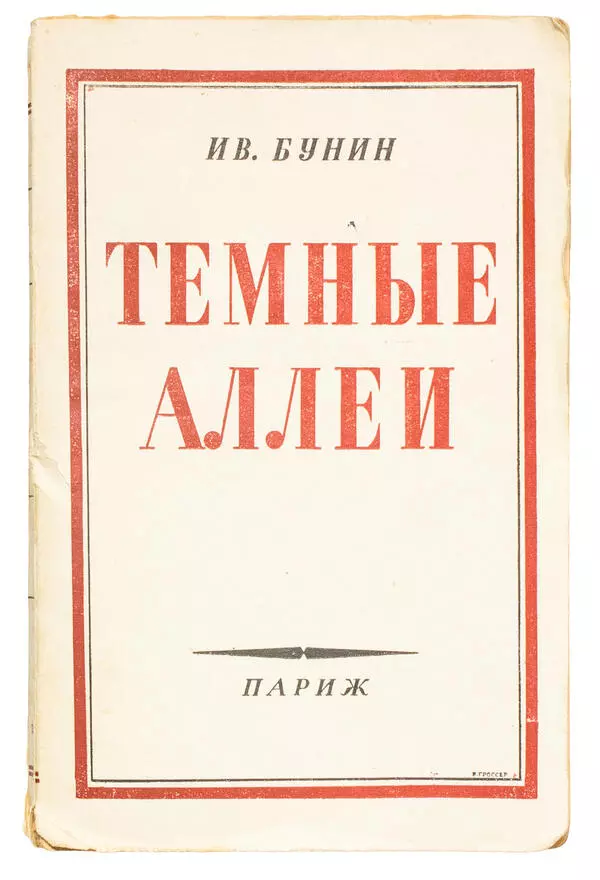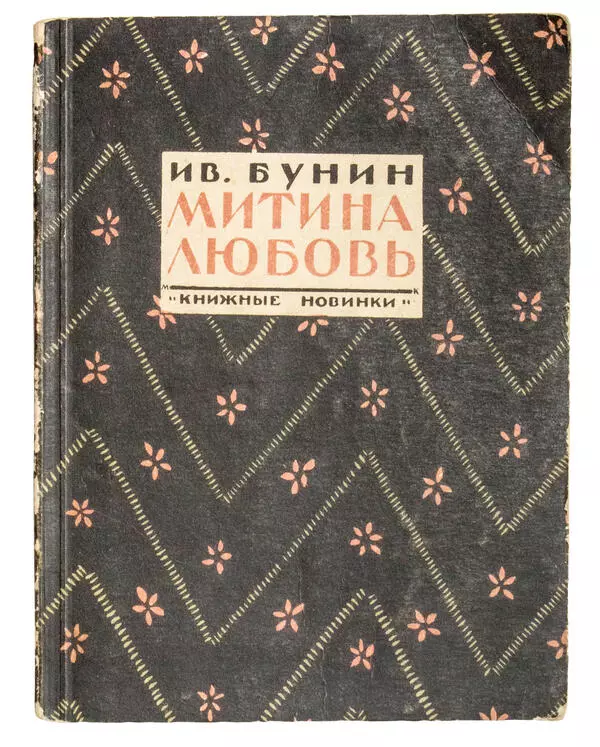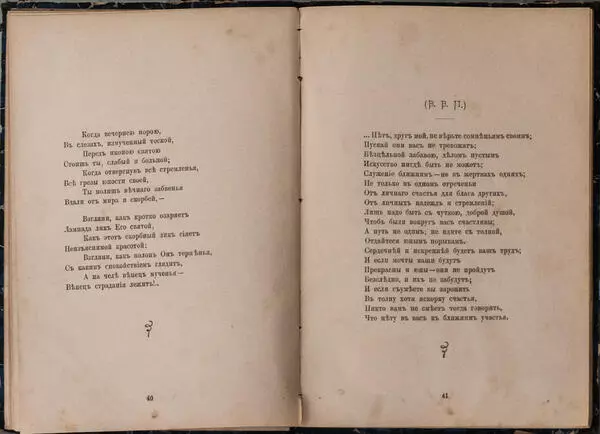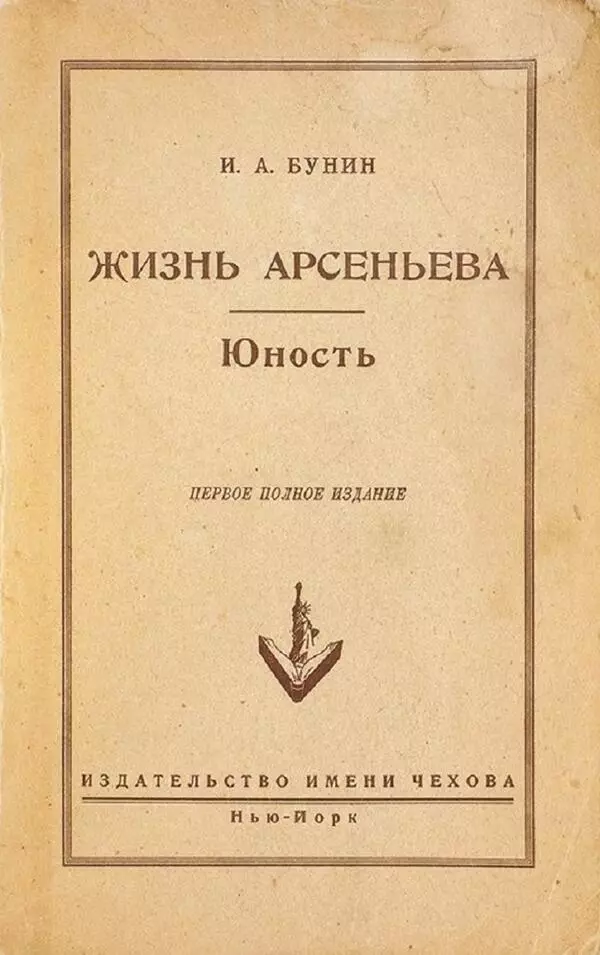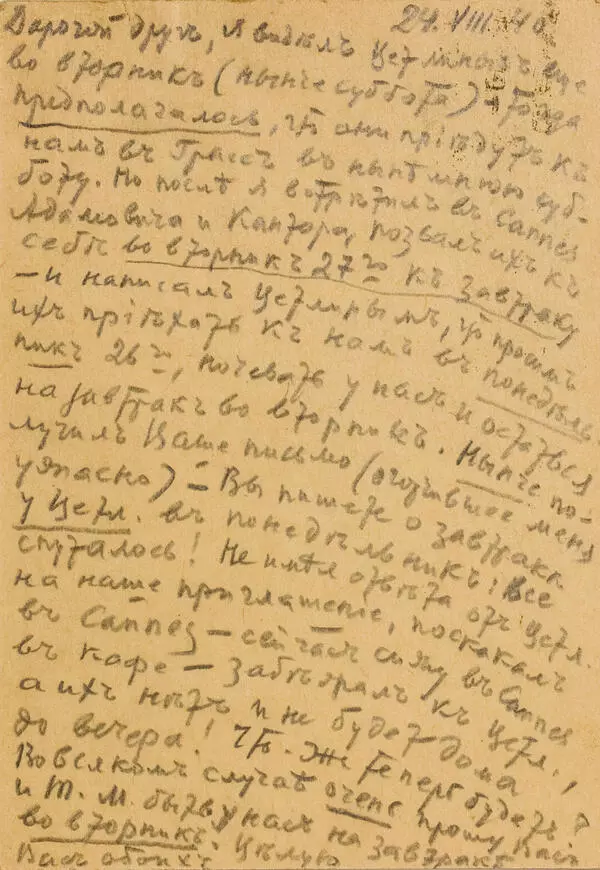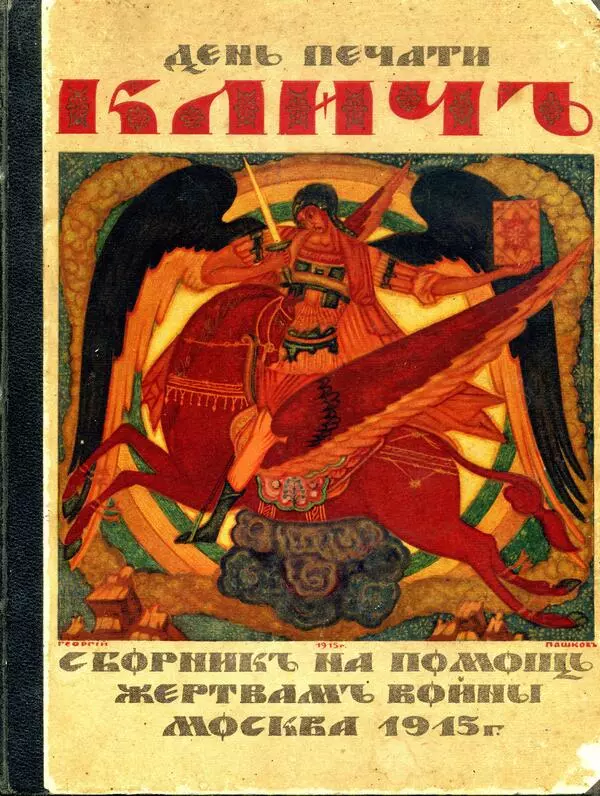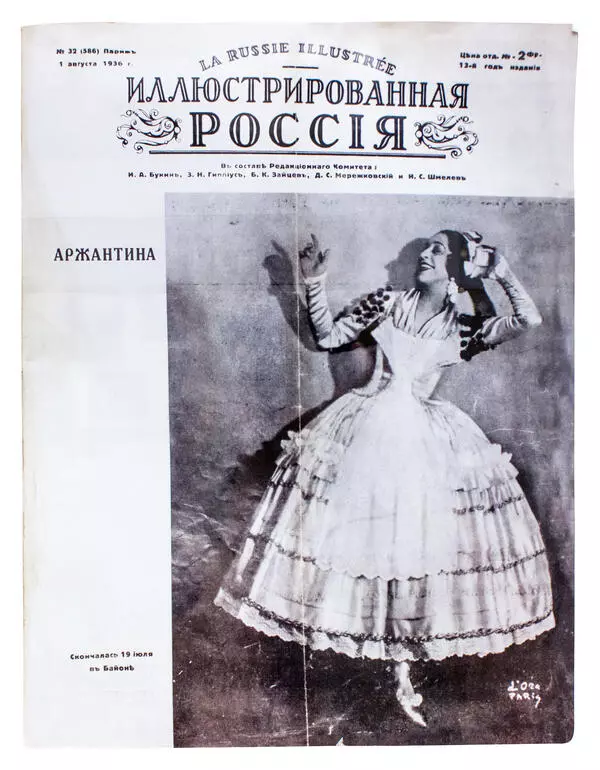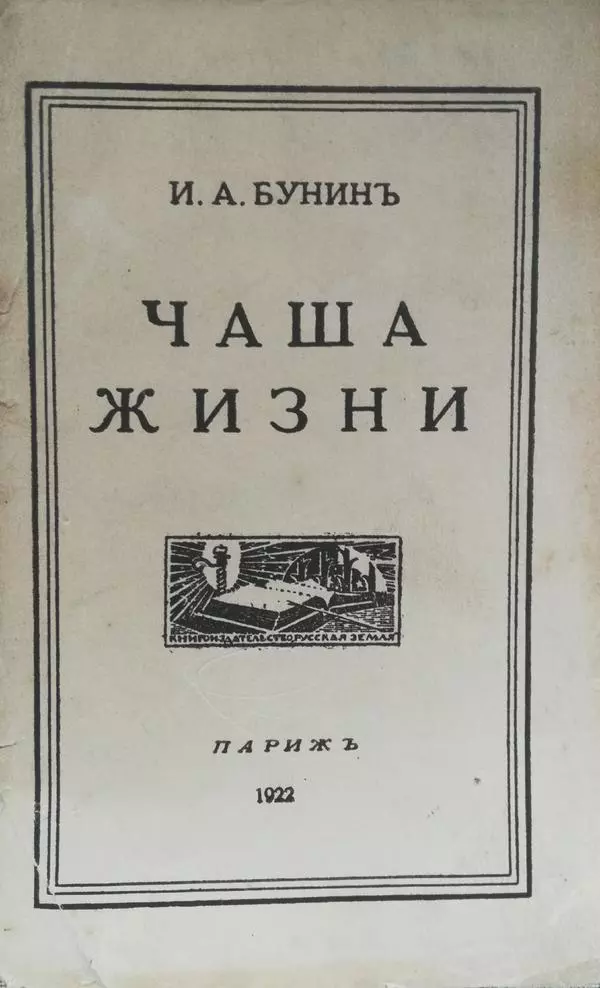The Complete Works of Ivan Bunin were published in 1915, six books in total. The first volume includes the author’s early poetry, the second — early short stories, the third — his poems from 1903-1906, as well as translations of Tennyson, Longfellow, and Byron. The fourth volume included short stories written in 1903-1910.
The fifth and sixth volumes include Bunin’s late prose, which revolved around the author’s thoughts on contemporary Russia. He wrote about the Russian peasantry, social and moral degradation of the landed gentry. Bunin sought to “reveal these features of rural peasant life which dominated the culture of Russian nobility”.
It is important to note that the writer criticized not only the landlords, but also the peasants. He refused to idealize the peasants and mercilessly wrote about the degradation of the village. At the same time, Bunin was never limited to social issues. The main themes of his works are love, the search for the meaning of life, and an acute awareness of the greatness and incomprehensibility of death.
“The Village” is one of the most important stories written by Bunin. It was published in 1910 by the St. Petersburg magazine “Sovremenny Mir” (“The Modern World”). Bunin chronicles the lives of two village brothers: a rich peasant Tikhon Krasov and a poor self-taught poet Kuzma. In an interview with a Moscow newspaper, he explained that “he did not seek to describe the village with its bright and routine everyday life”, instead he tried to focus on the “Russian soul in the attempt to highlight the Slavic psyche”s most prominent features.”
By 1915, when the Complete Works of Bunin were published, the author had already earned statewide recognition. He became a laureate of the Pushkin Prize twice; he was elected an honorary academician of the St. Petersburg Academy of Sciences. In 1913, the writer was awarded the Akhmatov Medal for his reviews of books by Edelweiss and Krasheninnikov. Just a year later, the Imperial Academy of Sciences awarded Bunin the Pushkin Gold Medal for his reviews of books by Zhdanov and Gollandskaya. The publication of the Complete Works was natural, it was a recognition of the author’s contributions to the literary world.
The fifth and sixth volumes include Bunin’s late prose, which revolved around the author’s thoughts on contemporary Russia. He wrote about the Russian peasantry, social and moral degradation of the landed gentry. Bunin sought to “reveal these features of rural peasant life which dominated the culture of Russian nobility”.
It is important to note that the writer criticized not only the landlords, but also the peasants. He refused to idealize the peasants and mercilessly wrote about the degradation of the village. At the same time, Bunin was never limited to social issues. The main themes of his works are love, the search for the meaning of life, and an acute awareness of the greatness and incomprehensibility of death.
“The Village” is one of the most important stories written by Bunin. It was published in 1910 by the St. Petersburg magazine “Sovremenny Mir” (“The Modern World”). Bunin chronicles the lives of two village brothers: a rich peasant Tikhon Krasov and a poor self-taught poet Kuzma. In an interview with a Moscow newspaper, he explained that “he did not seek to describe the village with its bright and routine everyday life”, instead he tried to focus on the “Russian soul in the attempt to highlight the Slavic psyche”s most prominent features.”
By 1915, when the Complete Works of Bunin were published, the author had already earned statewide recognition. He became a laureate of the Pushkin Prize twice; he was elected an honorary academician of the St. Petersburg Academy of Sciences. In 1913, the writer was awarded the Akhmatov Medal for his reviews of books by Edelweiss and Krasheninnikov. Just a year later, the Imperial Academy of Sciences awarded Bunin the Pushkin Gold Medal for his reviews of books by Zhdanov and Gollandskaya. The publication of the Complete Works was natural, it was a recognition of the author’s contributions to the literary world.
